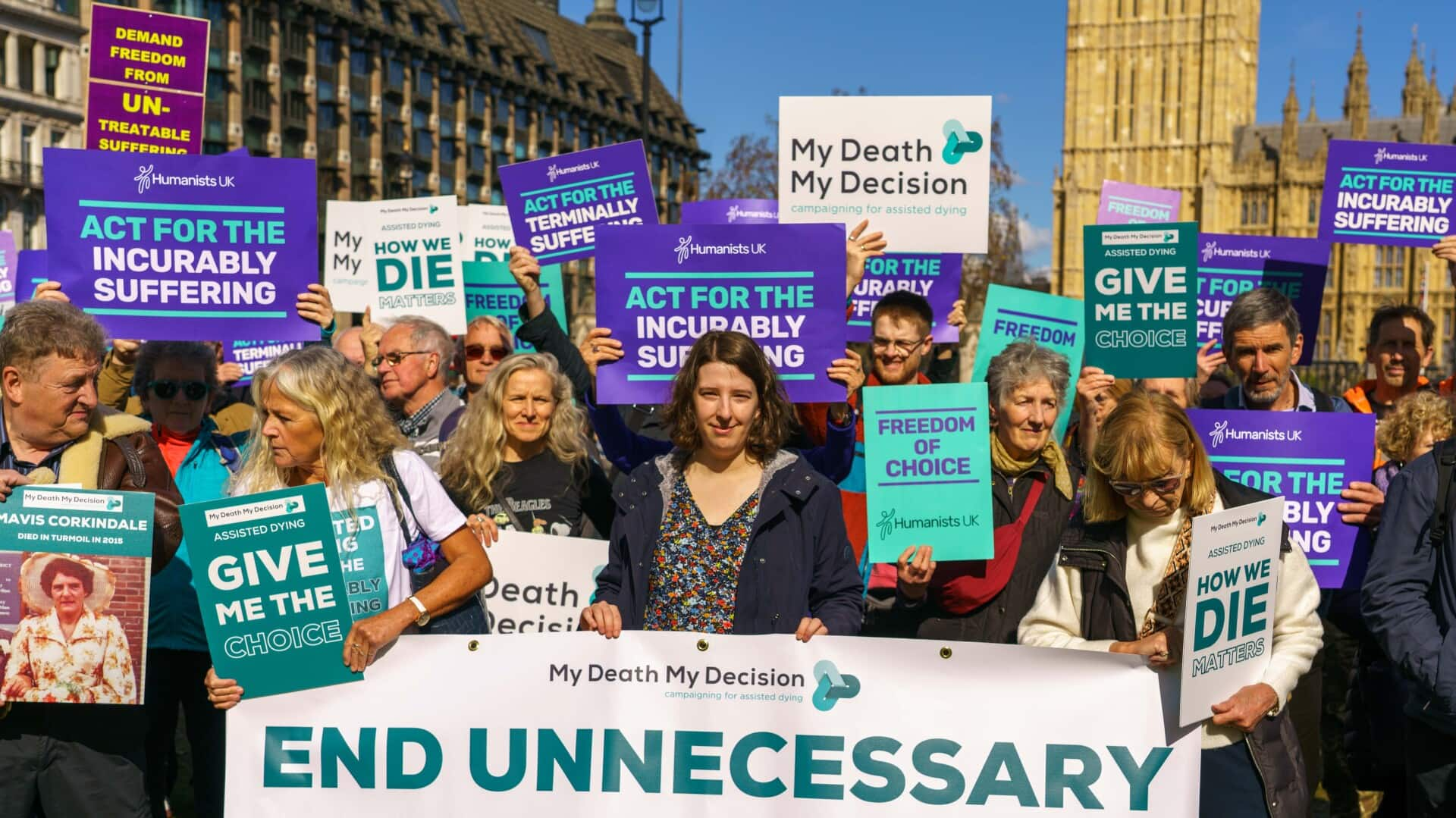
UK may soon get a bill on 'assisted dying'
What's the story
The United Kingdom Parliament will deliberate on a proposal to legalize assisted dying, nearly a decade after a similar proposal was rejected. Kim Leadbeater, a Labour Party MP, plans to introduce this bill on October 16. The proposed legislation aims to give terminally ill individuals more control over their end-of-life care and offer additional protections for them and their families.
Advocacy
Leadbeater advocates for 'dignity and choice' in end-of-life care
Leadbeater expressed her views in The Guardian, stating that current options for those with terminal conditions are limited. She believes a change in law could provide "reassurance and relief," as well as "dignity and choice" to such individuals. The bill's details haven't been finalized, but it is likely to be similar to a proposal in the House of Lords that would allow terminally ill persons with six months or less to live to obtain medical assistance to end their lives.
Neutrality
Government maintains neutrality on assisted dying bill
Prime Minister Keir Starmer had earlier pledged a free vote on the bill, allowing ministers to vote as they wish. Cabinet Secretary Simon Case clarified that the government will remain neutral on both the passage of the bill and the issue of assisted dying. If passed, this legislation would impact England, Wales, and Northern Ireland, where it is currently banned, with a maximum prison sentence of 14 years.
Public opinion
Public opinion shifts toward support for assisted dying
Public opinion in the UK has shifted toward supporting assisted dying since the last parliamentary debate in 2015. A recent survey by Savanta revealed that Britons are more than twice as likely to support assisted dying than oppose it. The poll, which surveyed 2,000 people, found that 48% supported it while only 21% opposed. This change in public sentiment could potentially influence the upcoming parliamentary vote on Leadbeater's bill.
Bill impact
Assisted dying bill expected to impact eligibility criteria
This development comes as high-profile TV broadcaster Esther Rantzen, diagnosed with terminal lung cancer, revealed she had joined Dignitas clinic. This clinic in Switzerland assists those suffering from terminal diseases or unbearable pain or disability in ending their lives. The 83-year-old told the BBC in Decemeber that she was undergoing a "miracle" treatment for the cancer. "If it does not work, I might buzz off to Zurich, where assisted dying is legal,: she told Radio 4's The Today Podcast.